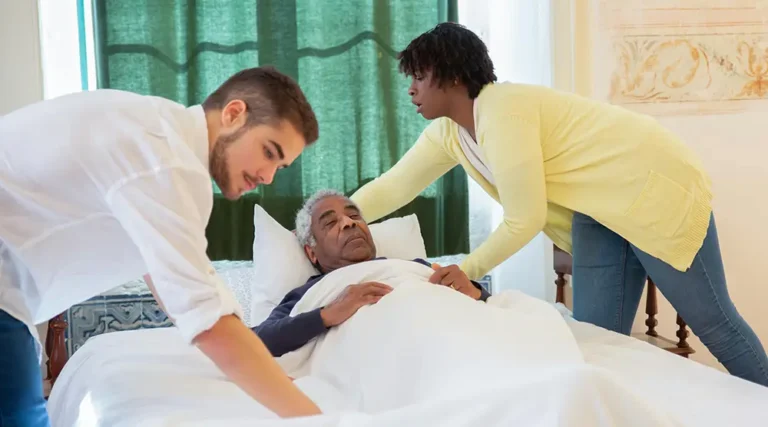
Senior
Home Care
Raleigh
Allcare Home Health Agency, Inc provides compassionate senior home care in Raleigh, NC and its surrounding cities and towns. Our team of skilled nurses and certified nursing aides work collaboratively with clients and their families to provide the highest quality of senior home care and companionship.
to maintaining the safety of your loved ones and improving the quality of their lives. Our experienced in-home caregivers will work with your loved one to remain in the comfort and safety of their home while receiving assistance with the dignity and respect they deserve. If you or anyone you know is interested in learning more about our Raleigh senior home care services, contact us today for a free consultation.


Being a caregiver is one of the most rewarding roles a person will play in their lifetime. Allcare Home Health Agency, Inc caregivers are the backbone of our agency and we use every opportunity to recognize them for the heroes they are!




